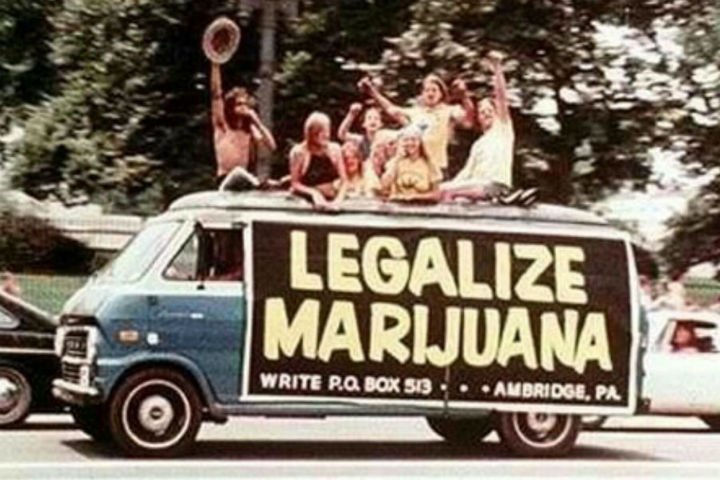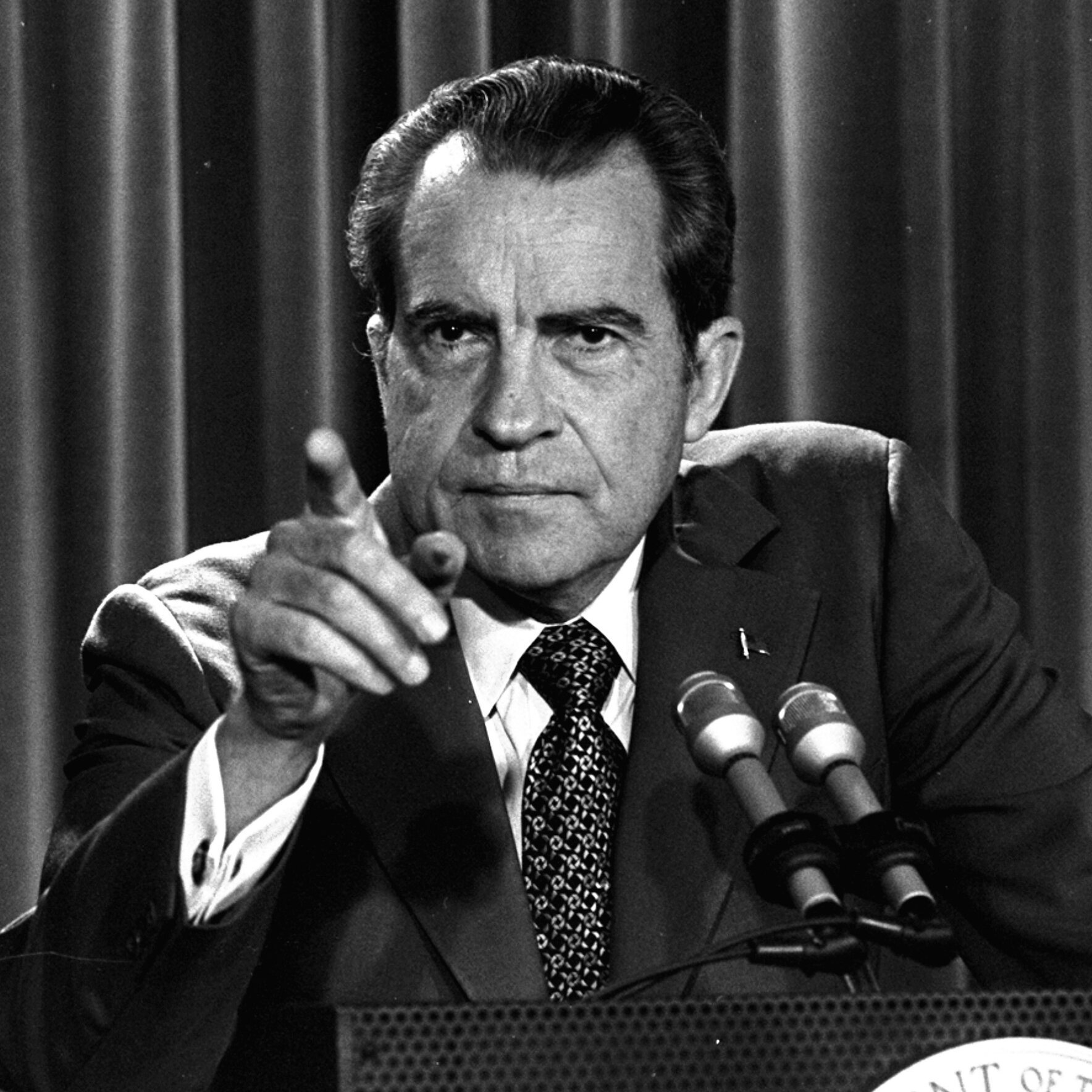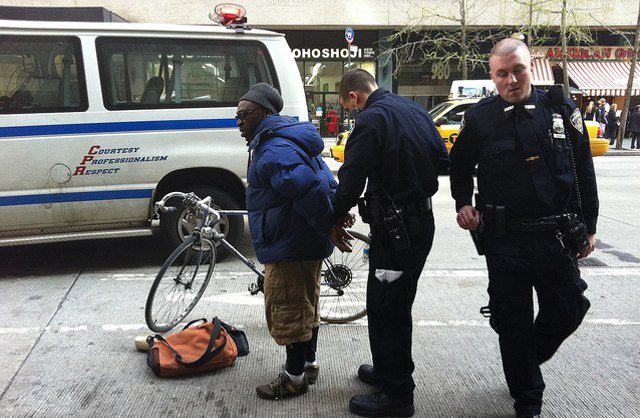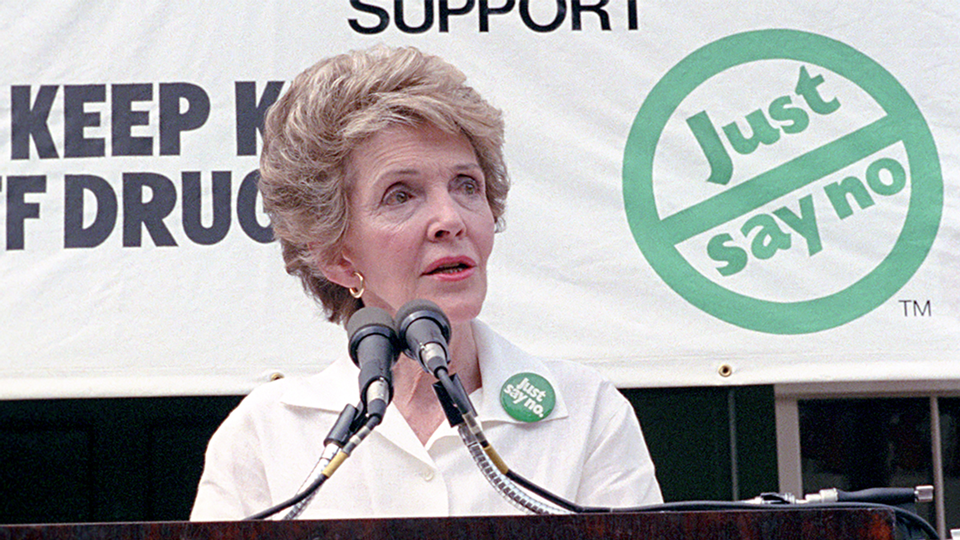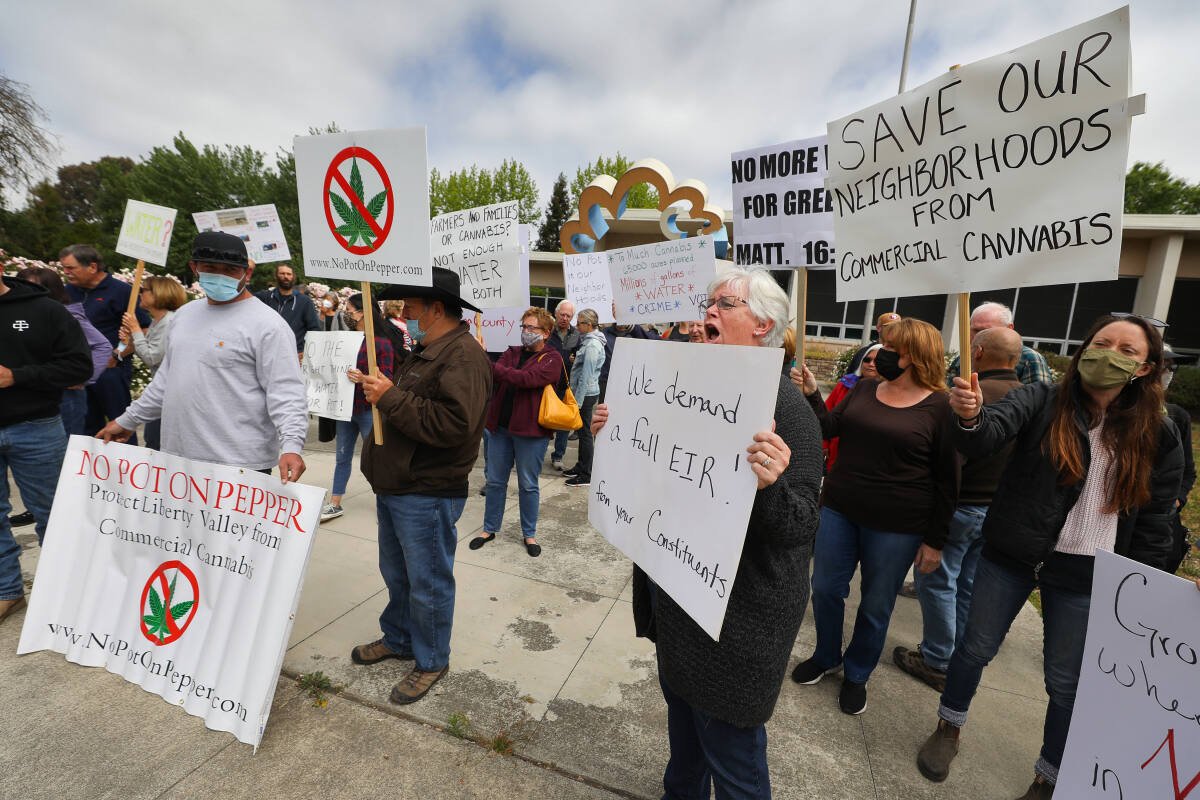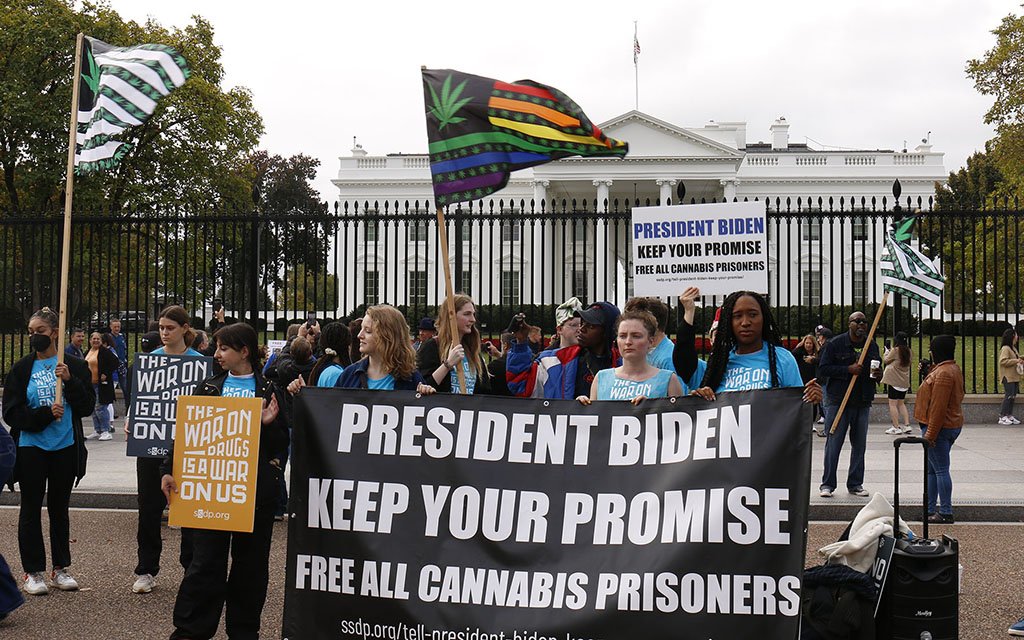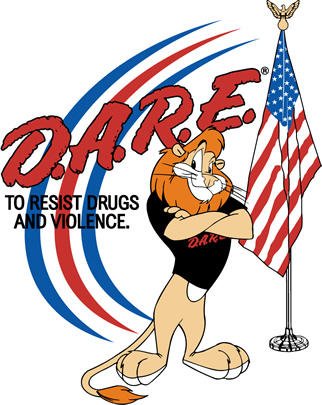Racism and Cannabis Prohibition in the United States
I have to start this post by celebrating the first day of Black History Month. ✊🏽 For those that may not be familiar Black History Month is an annual celebration of achievements by African Americans and a time for recognizing their central role in U.S. history. Also known as African American History Month, the event grew out of “Negro History Week”, the brainchild of noted historian Carter G. Woodson and other prominent African Americans. Since 1976, every U.S. president has officially designated the month of February as Black History Month. Other countries around the world, including Canada and the United Kingdom, also devote a month to celebrating Black history. 1
Black-owned business “Old Fashioned Donuts” located at 11248 S. Michigan Ave Chicago, IL 60628
I felt it was appropriate to discuss the impacts that racism has played during the cannabis prohibition here in America. For so many individuals the “war on drugs” has been the plight of our existence since we can remember. Personally, as someone who grew up in the Roseland community on the south side of Chicago I saw firsthand the disproportionate treatment in our neighborhood compared to when I would go up north to attend Lincoln Park High School. This was no surprise but more of a constant reminder that based on your race and economical situation you could almost expect a certain type of mistreatment to come your way. Even though I lost my father to the streets due to gun violence and have been pulled over for “driving while black”, I’m privileged to say I’ve never been arrested. This is far from the reality of so many people I know and have lived around. As passionate as I am about consuming cannabis on so many public forums this would not be possible without knowing our history and how we got here. Let’s take a trip…
Spreading harvested hemp in Kentucky, 1898
In the early 1800s hemp was derived and commonly used to make items likes clothes and paper. Eventually it was used for medicinal purposes, citing positive effects by the 1870s. About 30 years later we started to see an influx of Mexican immigrants in the United States, which also brought the concept of consuming cannabis or “marijuana” recreationally for the first time. White America was outraged and the creation of one of the biggest pieces of propaganda was created. A film called “Refeer Madness” where they depicted teenagers smoking cannabis for the first time which led to horrific things happening like hallucination, attempted rape, and even murder. The concept of the gateway drug was created, leading people to believe that cannabis consumers were just one high away from wanting something stronger like heroin or LSD.
1972 theatrical release poster
By 1937 our government enacted legislation to turn this fear-mongering into law by passing the Marihuana Tax Act. 2 One of the key individuals in getting this act passed was Harry Anslinger, Commissioner of the Federal Bureau of Narcotics during the prohibition era. Harry Anslinger took the idea that cannabis was a violence-induced drug creating such a racist narrative that it skewed the public's perception of the drug. In the first full year after the Marihuana Tax Act was passed, black people were about 3x more likely to be arrested for violating narcotic drug laws than whites. Sentencing for cannabis possession became mandatory, fines were huge and to make matters worst…The 1970 Controlled Substance Act was passed under President Richard Nixon. 3
By this time we’ve experienced the “Make love, not war” era from the hippie culture and several demonstrations of peaceful protest. But none of it was enough to change the stigma surrounding cannabis especially within the Black community. Once the Marihuana Tax Act was repealed, the government decided to make cannabis a Schedule I drug claiming it had high potential for abuse and addiction. Fast forward to 2024, we are still having the debate between rescheduling vs de-scheduling cannabis due in part by the recent HHS and FDA recommendations. The argument is divided where some would like to see cannabis rescheduled to Schedule III on the controlled substance list (ketamine, codeine) which could relieve the 280E Tax Code allowing business to deduct ordinary expenses. Others feel strongly about cannabis being de-scheduled due to the improvements in research studies and considerations to allow private companies to develop their own formulations of cannabis by legally testing these products in FDA-approved controlled trials.
What are your thoughts? And before you answer I urge you to think about how history has repeated itself as we still see incarceration rates to be about 3.7x higher for Black people compared to white at a comparable usage rate. 4 We have a lot of work ahead of us when it comes to removing the stigma from cannabis consumption and protecting those who deserve to work in legal cannabis markets. Even though there are a number of opportunists looking to make a quick buck in this business, and trust me when I say “this ain’t that”…I’m proud to work in cannabis. So if this industry is one you would like to be part of we’ll welcome you with open arms but never forget where we came from so we can all be very clear on where would like to go.
Peace and love.
Sources:
1 - https://www.history.com/topics/black-history/black-history-month
2 - https://en.wikipedia.org/wiki/Marihuana_Tax_Act_of_1937
3 - https://en.wikipedia.org/wiki/Controlled_Substances_Act
4 - https://norml.org/marijuana/fact-sheets/racial-disparity-in-marijuana-arrests/





